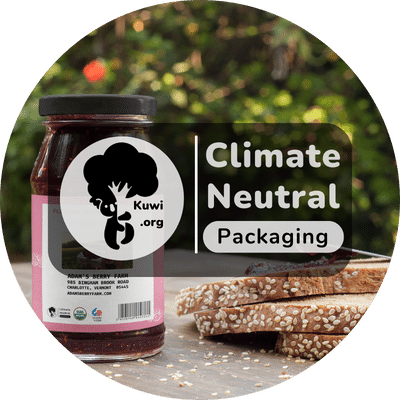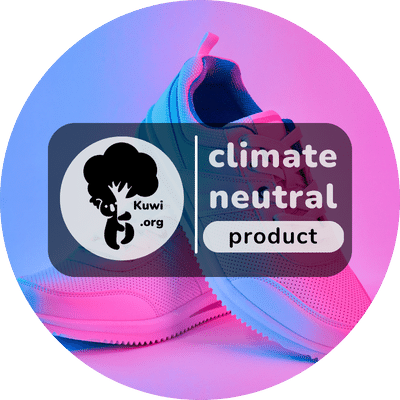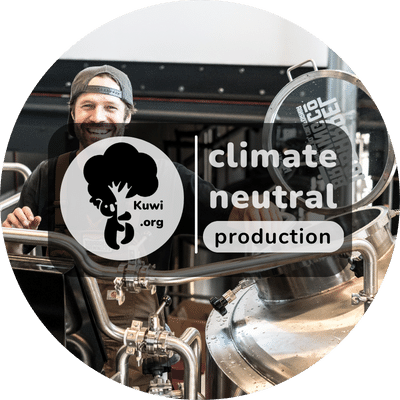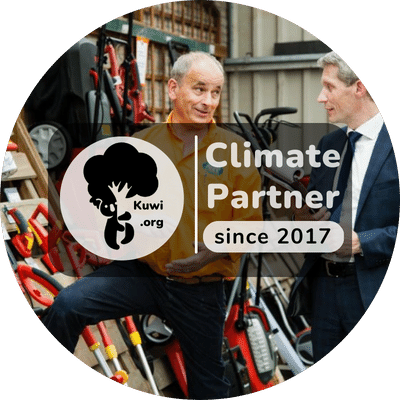Climate-Neutral Logistics Certificate
In the realm of sustainability, logistics plays a critical role in achieving climate neutrality in supply chains. The ‘Climate-Neutral Logistics Certificate’ acknowledges the significance of eco-friendly transportation and distribution practices, providing a means to recognize and certify companies’ efforts in this area.
Definition
To qualify for the ‘Climate-Neutral Logistics Certificate,’ Kuwi.org and the company conduct a comprehensive assessment of their greenhouse gas emissions during their logistic activities.
In this assessment, we collect information about the type of transport, average cargo weight, and miles travelled, among other data points. These data are then input into the software, Planetly.
This tool combines this data with reliable market information to make an accurate estimation of the logistics-related emissions of the company.
Within the framework of the ‘Climate-Neutral Logistics Certificate,’ various aspects of internal logistic operations are considered. This encompasses the management of transportation and distribution activities between business locations and distribution centres.
The certification includes the delivery of resources, materials, and components necessary for the company’s operations. It covers all forms of logistics, including air, sea, truck, or any other mode of transportation used by the company.
Furthermore, emissions related to both in-house transportation and predictably hired carriers fall within this scope. This includes long-term contracted transportation services as well as ad hoc transportation needs.
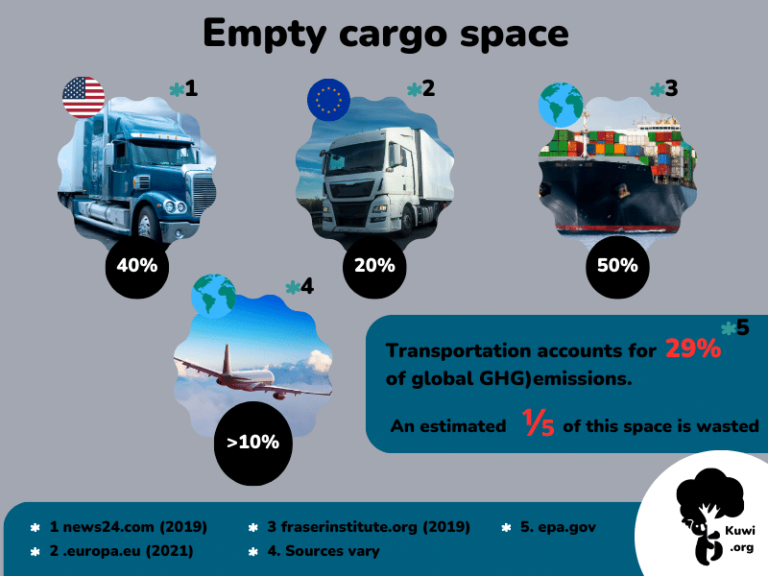
Within the scope of the ‘Climate-Neutral Logistics Certificate,’ various aspects of internal logistic business operations are considered. This encompasses the management of transportation and distribution activities between business locations and distribution centers. The certification includes the delivery of resources, materials, and components necessary for the company’s operations. It covers all forms of logistics, including air, sea, truck, or any other mode of transportation used by the company. Furthermore, emissions related to both in-house transportation and predictably hired carriers fall within this scope. This includes long-term contracted transportation services as well as ad hoc transportation needs.
It is important to acknowledge the aspects that fall outside the scope of the ‘Climate-Neutral Logistics Certificate.’ While the certification promotes a general approach and encourages companies to engage with other players in the supply chain, it recognizes the challenges of accounting for the entire supply chain under all circumstances. Therefore, the certification primarily focuses on the logistics operations directly under the control of the company seeking certification.
Furthermore, the final leg of product delivery to the end consumer typically falls outside the direct scope of the ‘Climate-Neutral Logistics’ certification. Deliveries to end consumers may involve various modes of transport and logistical arrangements that are not directly managed by the company itself. To address this important aspect of emission reduction, a separate certification has been developed, namely the ‘Climate-Neutral Delivery Certificate,’ specifically targeting emissions associated with the last-mile delivery process.
It is essential to recognize that while the ‘Climate-Neutral Logistics’ certification has its specific scope, it indirectly encourages companies to participate in the broader supply chain and support sustainable practices. By collaborating with suppliers, logistics partners, and customers, companies can expand their sustainability efforts beyond their direct operations and work toward a more comprehensive approach to reducing emissions throughout the entire logistics value chain.
On the Path to Climate Neutrality in Logistics
Certification Criteria

1. Emission Reduction Strategies.
Companies seeking the ‘Climate-Neutral Logistics’ certification must demonstrate their commitment to reducing their emissions. This includes implementing strategies focused on energy efficiency, optimizing transportation routes, improving fleet management, and minimizing empty or partially filled trips. Companies are encouraged to explore alternative fuels and invest in low-emission vehicles.
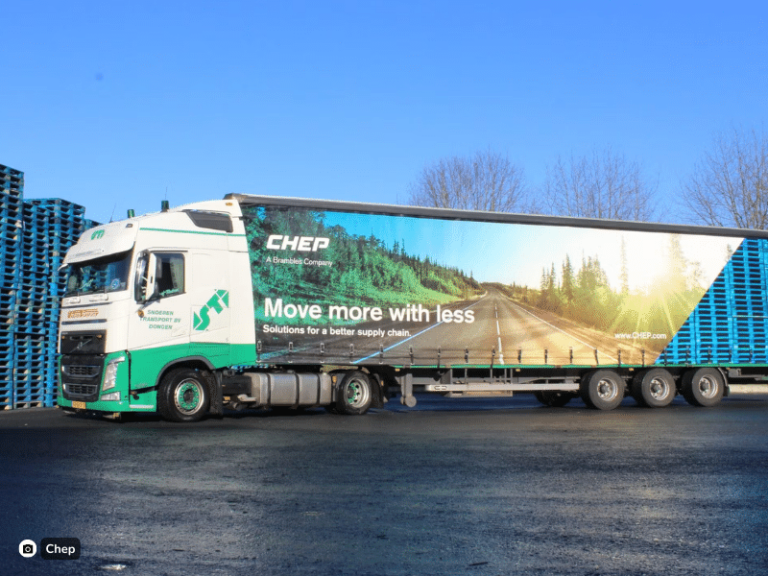
Data Collection Disclaimer
To date, there exists a significant imbalance between market average data and company-specific data, primarily due to two reasons. Firstly, obtaining primary data for individual companies is a costly and labor-intensive process. Achieving the utmost accuracy requires on-site verification and strict policy enforcement. However, the associated costs of such operations make climate action financially infeasible for most companies.
The second reason is that companies working with Kuwi.org are not legally obligated to offset their unavoidable emissions. Mandatory CO2 offsetting is only imposed on a handful of large enterprises in the EU (read more here). As a result, all other companies engage in offsetting their emissions through the voluntary CO2 offset market (learn more here).
2. Collaboration and Supply Chain Engagement
Recognizing that logistics operations are often interconnected with suppliers, partners, and customers, Kuwi.org encourages certified companies to promote collaboration throughout the supply chain. This includes collaborations with suppliers to promote sustainable procurement practices, working with logistics service providers that prioritize environmental management, and engaging customers in sustainability initiatives.
By building a network of like-minded stakeholders, companies can collectively reduce emissions and drive positive changes in the industry.
3. Transparent Reporting and Verification
Transparency and accurate reporting are essential for the credibility of the ‘Climate-Neutral Logistics’ certification. Companies seeking this recognition must commit to transparently reporting their emission data, reduction efforts, and progress toward climate neutrality.
4. Continuous Improvement and Innovation
The journey to climate neutrality in logistics is an ongoing process that requires continuous improvement and innovation. Companies pursuing certification must set ambitious emission reduction goals, regularly evaluate their strategies, and embrace emerging technologies and best practices.
Collaboration with industry peers, research institutions, and environmental organizations can promote knowledge exchange and drive collective efforts for sustainable logistics.
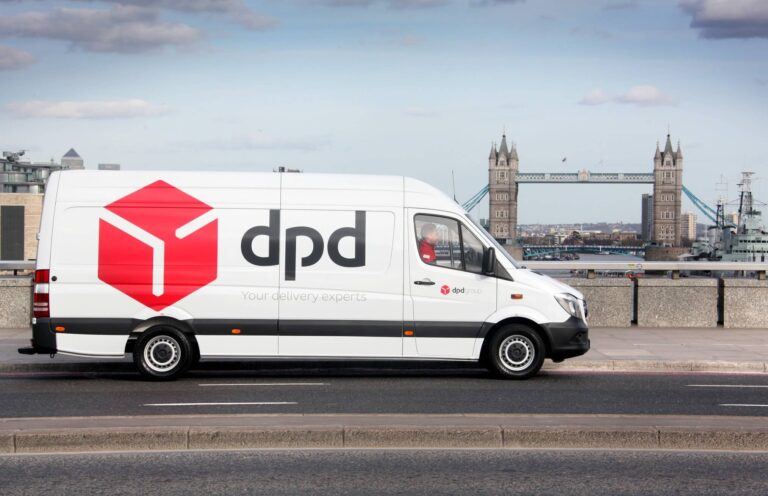
In conclusion
The ‘Climate-Neutral Logistics’ certification is a significant milestone for companies committed to reducing their environmental impact in the field of logistics. By adhering to the outlined criteria, companies can demonstrate their dedication to sustainable transportation, efficient operations, and transparent reporting.
Achieving climate neutrality in logistics requires a holistic approach, embracing emission reduction strategies throughout the entire supply chain.


